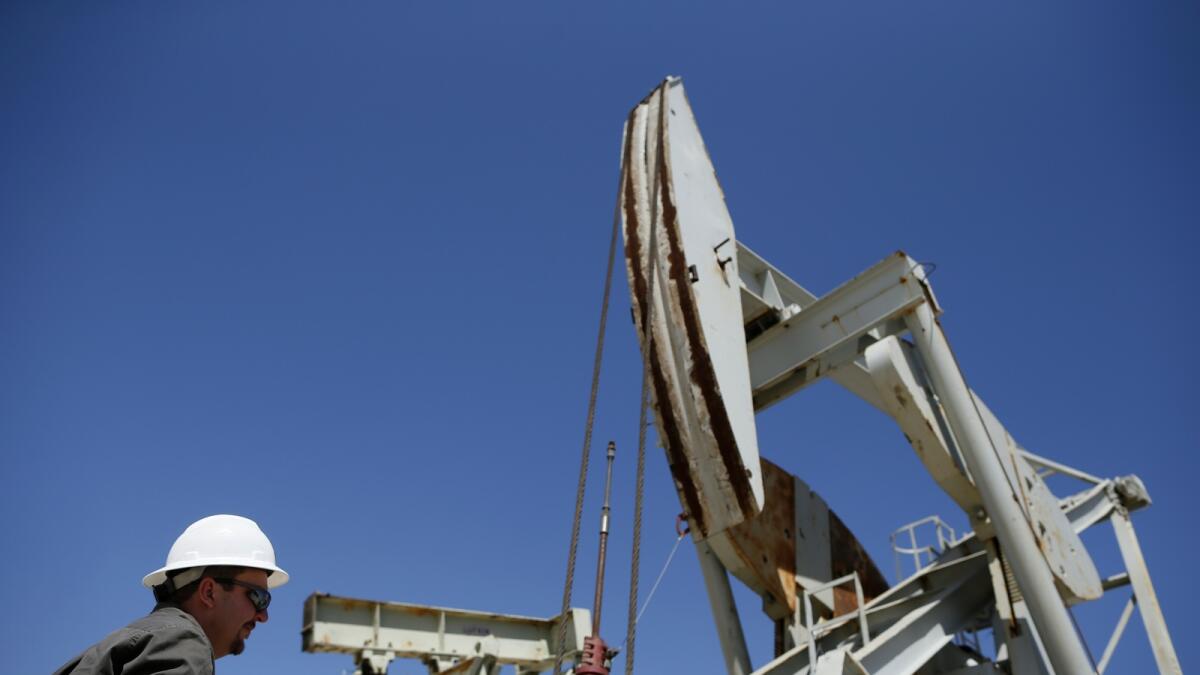Robin Mills, a columnist and an energy expert at Dubai-based Manaar Energy Consultancy, said these new prices are in line with what he expected.
Abu Dhabi - "Impact on inflation should be minor, particularly as diesel prices have dropped, and that drives commercial transport."
Published: Wed 29 Jul 2015, 12:00 AM
Last updated: Thu 30 Jul 2015, 10:19 AM
The rise in gasoline prices and lower diesel costs announced by the Ministry of Energy following the introduction of de-regulation of fuel prices would add to headline inflation, an economist has said.
However, it would benefit trade and industry, particularly infrastructure projects, substantially.
The deregulation of oil prices, which has given a lead to the UAE in the Arab world, is a move that economists say would bring greater efficiency in the economy and boost nation's credit rating.
Speaking to Khaleej Times Dr Monica Malik, chief economist at Abu Dhabi Commercial Bank, has welcomed the move, saying "it gives a very strong massage of fiscal reforms to the outside world".
On how the adjustment in gasoline prices and a drop in diesel price would affect inflation, she estimated the measure would cause 1-1.3 per cent percentage point increase to the headline inflation, given gasoline prices make-up 3-4 per cent of total household spending.
She termed the move in itself as "positive". "We see the benefits overall being more on the positive side for the fiscal sustainability. So we see that's positive."
Robin Mills, a columnist and an energy expert at Dubai-based Manaar Energy Consultancy, said these new prices are in line with what he expected.
"Impact on inflation should be minor, particularly as diesel prices have dropped, and that drives commercial transport, " he said.
One sector that would benefit from lower diesel prices is the construction sector, said Syed Abrar Ali, general manger at Abu Dhabi-based construction company Trans Middle East.
He said diesel is heavily consumed by construction machinery at construction sites and any drop in prices would greatly help.
Wissal Ahmed Khan, chief executive officer at Abu Dhabi retail chain Alam Supermarkets, said the rise in gasoline prices would add 1.5 percentage points to inflation. However, the multiplier effect on inflation would be a little higher that means inflation will grow two percentage points.
Khan welcomed the gradual increase in petroleum prices. He feared the present price hike is based on West Texas Intermediate of $48 a barrel. However, the rise in oil prices that are expected in coming months would be a difficult decision to take as the impact would be heavy on all sectors of the economy.
Mills said the deregulation has allowed oil marketing and distribution companies to cover their costs plus retail margin. Oil marketing companies such as Adnoc Distribution and Enoc have been incurring heavy losses due to differential in prices at pumps and the price at which petroleum products are sourced.
On the consumption side, Dr Malik hoped it would be absorbed, as gasoline does account for four per cent. "But given that Abu Dhabi in January revised electricity and water tariffs, which means slightly consumption growth would be weaker," she said.
"We overall believe that the fact that UAE is being proactive in fiscal reform is highly positive."
On the impact on cost of living, cost of industrial production and business confidence, Dr Malik said it would have little effect as these sectors consume diesel.
"The fact that diesel is coming down significantly is probably better on sector basis," she said.
Khan said the drop in diesel prices would mean some sort of ease for businesses. He said freights must come down; fuel cost is up to three per cent in the retail sector, so any relief in diesel prices means ease in costs.
Dr Malik said: "I think the macro-economic perspective is the fact that underlines growth is strong. You are taking gradual steps towards fiscal consolidation. I think it would read as very positive in the market."
The message the UAE has sent is of fiscal reform, she said. On its impact on Abu Dhabi and the UAE's credit rating, Dr Malik said it would be positive."It does show measures for fiscal sustainability for reform and these were areas highlighted by the IMF."
The UAE economy, Dr Malik said, would absorb this impact.- haseeb@khaleejtimes.com












